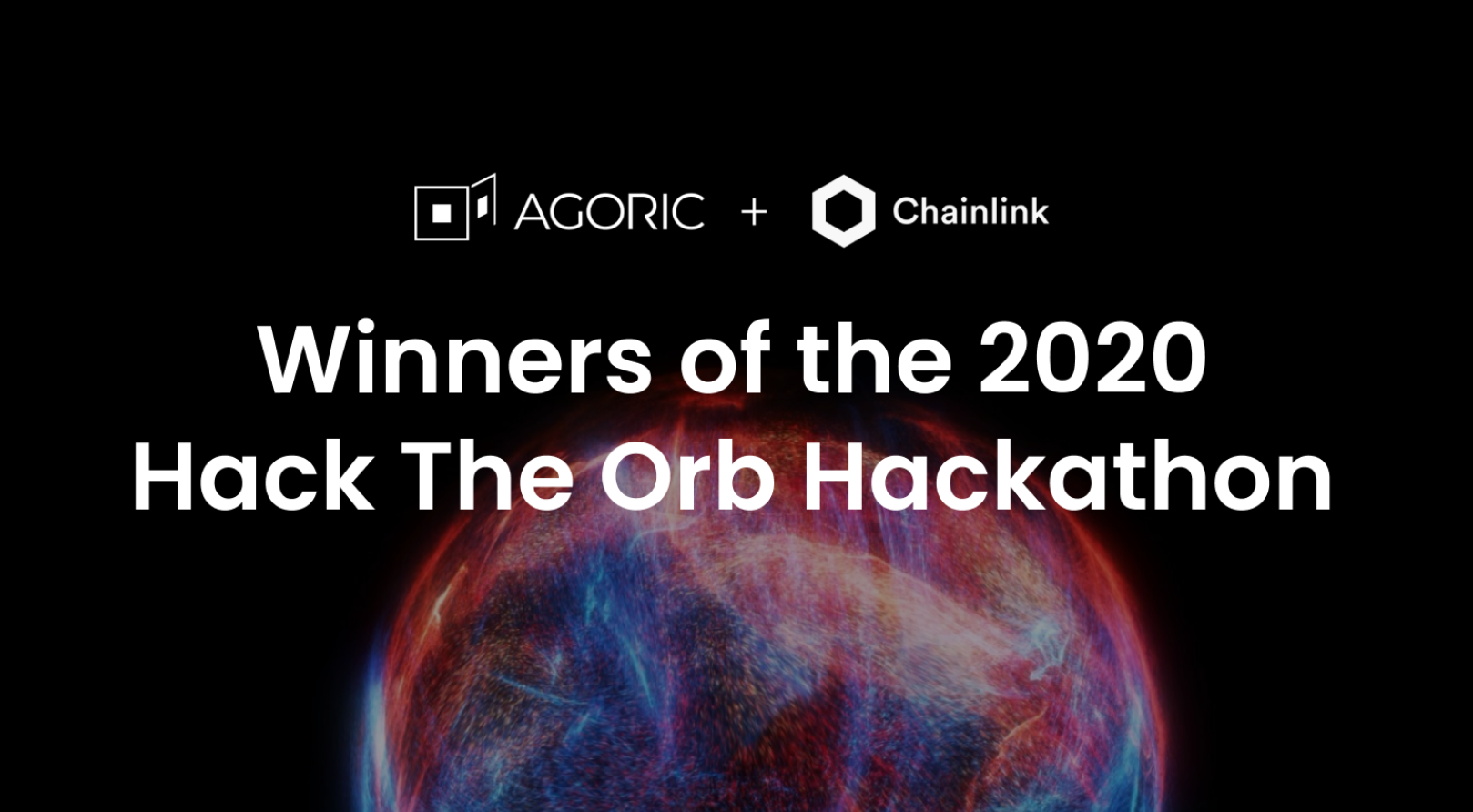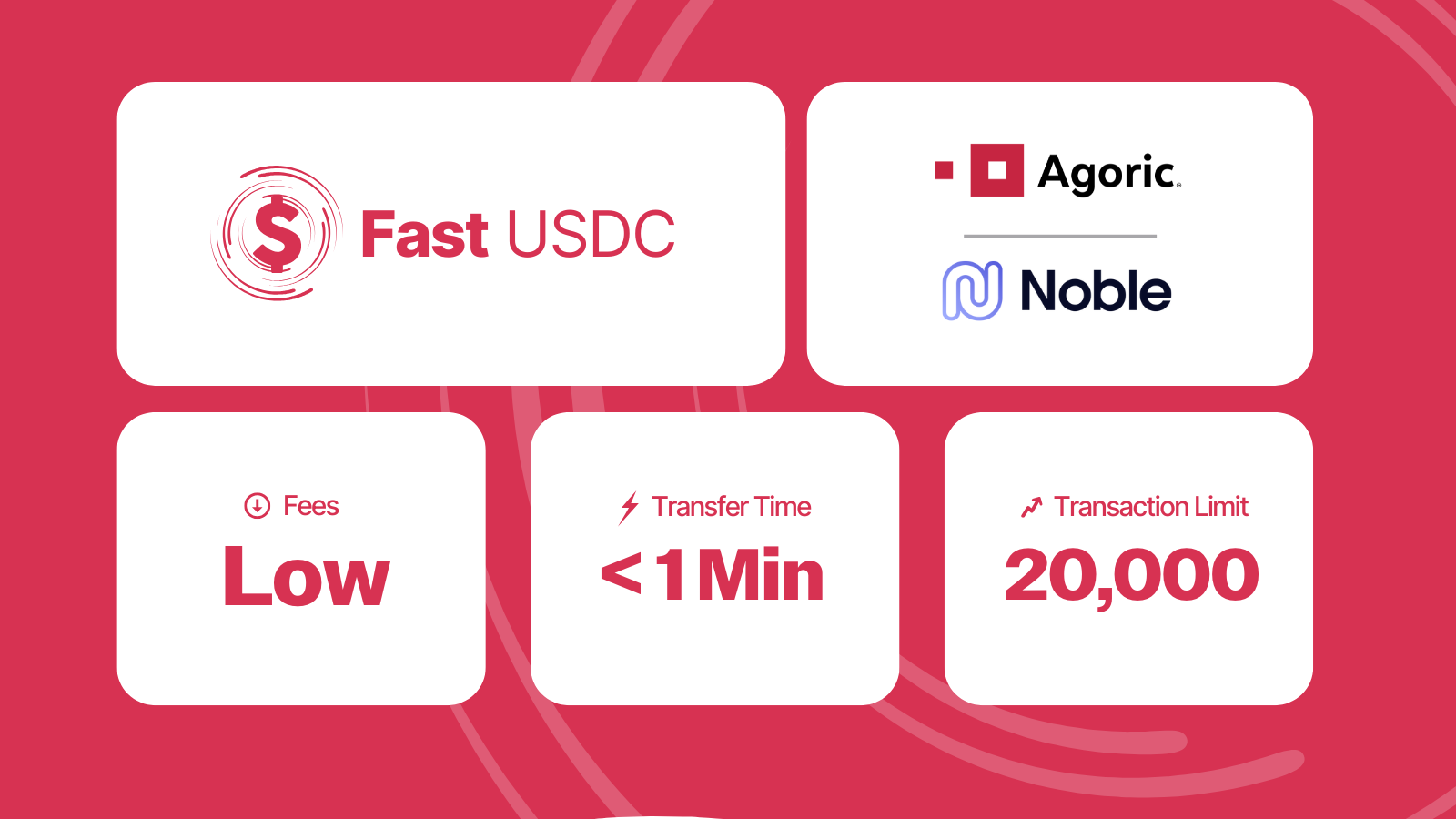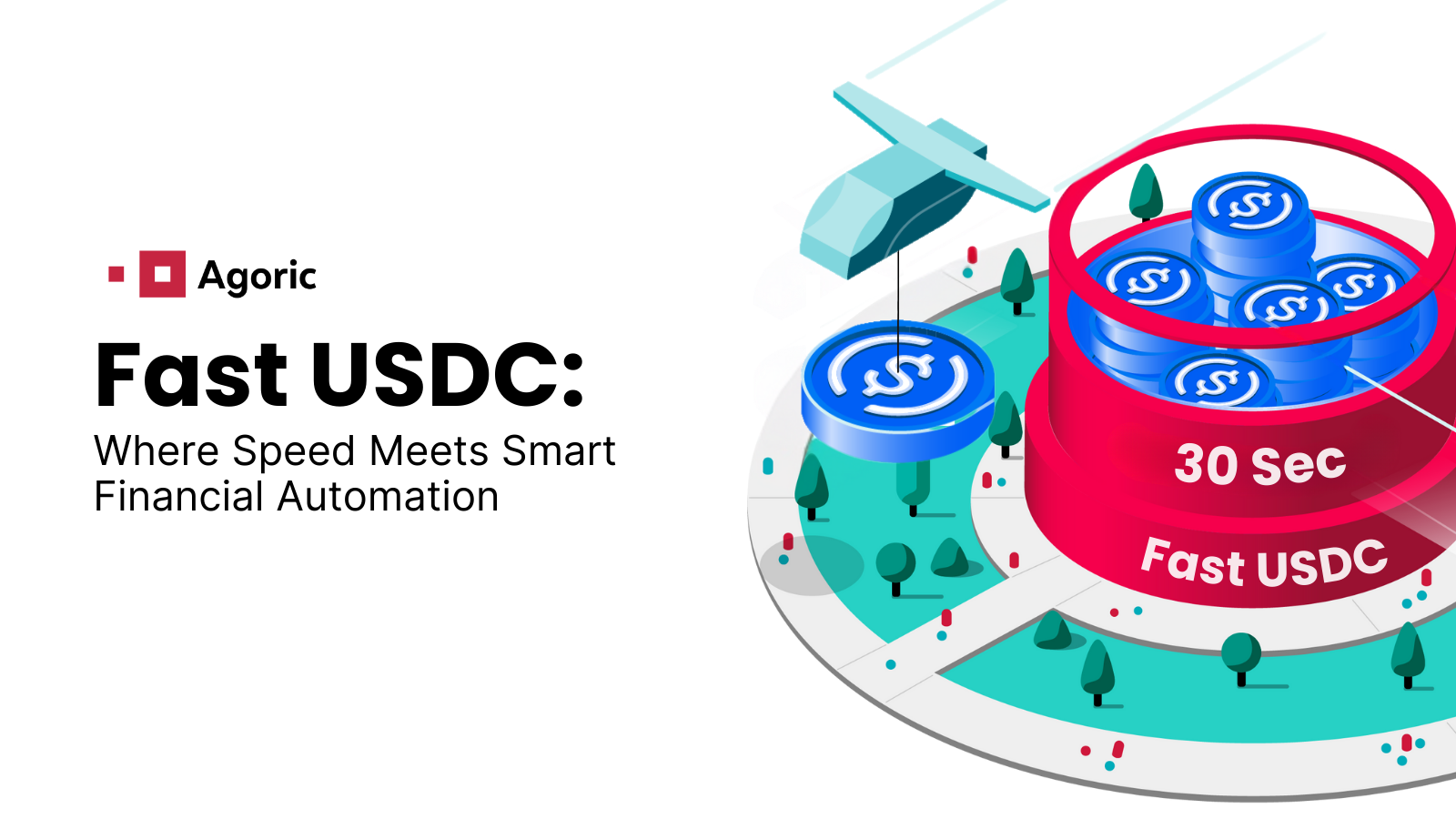Meet the Coders Who Hacked The Orb
Agoric and Chainlink announce winners of the DeFi hackathon.
Through much of November, coders took on Hack The Orb hackathon challenges. We’re excited today to announce the winners, but first a bit about the hackathon itself.
A partnership between Chainlink (the market-leading oracle) and Agoric (home to the composable smart-contract platform), Hack the Orb (hacktheorb.com) ran from November 6 through November 21. Participants were tasked with building DeFi with JavaScript smart contracts.
Several awards were up for grabs, and participants put their efforts before an esteemed awards committee. Hack The Orb’s judges were Zaki Manian, co-founder of the Cosmos validator iqlusion; Miko Matsumura, General Partner with Gumi Cryptos Capital; Lauren Stephanian, investor at Pantera Capital; Baek Kim, who supports venture investments at HASHED; and Keenan Olsen, community manager at Chainlink.
Winning Team #1: Commute Insurance Project
Dan Barrett and Mason’s Commute Insurance application won the Ignite award for the best DeFi dapp that includes Chainlink Oracle. The team produced a proof-of-concept project of what they described as “a basic insurance contract that mints tokens if the queried train time is not equal to the expected train time.”
Here’s how it works.


As for the chosen topic, Dan replied, “I liked the idea of taking readily accessible real world data — like my morning commute times — and affixing some hedging mechanism to it. It felt like a fun project to approach that potentially has use cases on larger scales.” Dan’s team sees broader applications of the concept: “The idea is that if you could do logic like the above, you could build some interesting risk instruments, like insurance contracts against your commute time, or commuter tickets that decay in price the later the train is.”
Asked about the coding experience, Dan said, “Building on Agoric the first time I’ve used a language as familiar as JavaScript to write contract code. The most interesting part of building on Agoric was the ability to use ERTP. The abstractions built into ERTP offer interesting monetary and rights transfer mechanisms that I’d otherwise have to spend a lot of time composing from scratch. Agoric alleviated a problem around startup time: by offering the ERTP implementation, it got me building a more complex contract than I’d be able to do in Solidity with like effort.”
Visit the project’s Github repo.
Winning Team #2: Umqhele Project
The team of Tom Greco, Suhail Manzoor, and Dan Connolly won the Refract award for best user experience. They described the dapp as “an application that allows you to auction and trade Non-Fungible Tokens (NFTs) that grant access to live video streams. It currently allows you to auction live video streams for test currency. You can create auctions as well as bid on them. This dapp demonstrates Agoric contract composition, offer safety, and object capabilities.”
Overview of the application:


Suhail Manzoor said of the project’s impetus, “I really miss going to concerts during this year. Dean Tribble, Agoric CEO, often talks about concert tickets when talking about NFT, so I thought I’d put the two together and see what can happen.”
“I haven’t had this much fun with DeFi since for ever,” Suhail told us in a post-hackathon discussion. “What I really love about Agoric is I can think about DeFi contracts in terms known to any trader without any obfuscating crypto jargon or white papers. For most blockchains I have used, I have had to learn new languages for writing contracts. Agoric JavaScript contracts are liberating!”
Visit the project Github repo.
Looking Ahead
And that ties the bow on our final hackathon of 2020. We’ll have more in 2021, as we build toward Agoric’s mainnet. Numerous video tutorials and explainers resulted from Hack The Orb, all available at https://www.youtube.com/c/Agoric/videos.
Thanks for reading. You can join the Agoric community on Twitter, Telegram, Discord and LinkedIn, subscribe to this monthly newsletter, and catch us at upcoming events.



